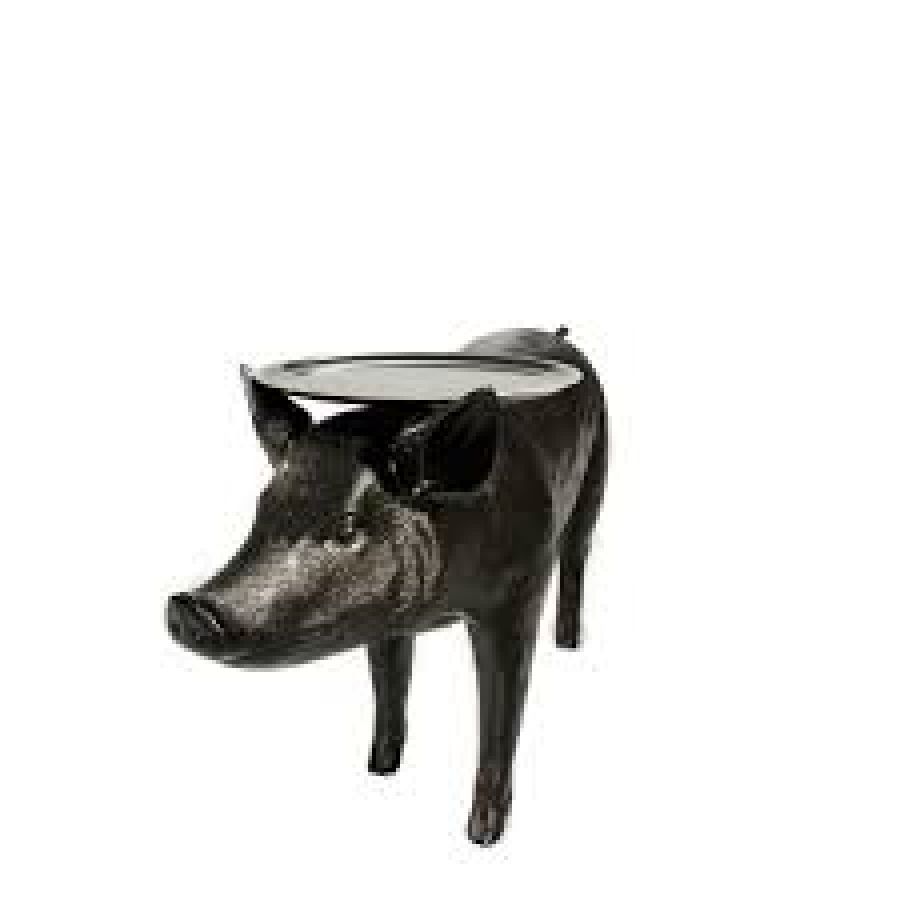Pig Breeders' Roundtable
Media
Image

Blog content
Every two years, academic researchers join scientists and representatives from leading pig breeding companies at the verdant campus of the University of Kent, just outside of Canterbury. The event, the Pig Breeders' Roundtable, has been held for over 40 years, and was until the last decade hosted at Wye College in Surrey, a now-defunct agricultural college. From its inception in an era when pig breeding companies were considerably smaller and more reliant on external academic input to their programmes, it has been a closed meeting. The intention is to bring together research and industry (producers as well as breeders, and also ancillary companies such as those more recently offering genetic testing services) in an atmosphere of free and frank discussion.
As part of the pig strand of the TRANSGENE project, I have been working with Ann Bruce on trying to understand the nature of the relationship between academic genetic and genomic research and the breeding industry, and whether and why this might have changed over time. We have spoken to a number of people in academia and those who worked – or still work – in industry. In the course of this work, I was invited by Darren Griffin, a leading cytogenetist based at Kent, to attend the roundtable. He also asked me to speak, and in the end I was allocated two slots on the programme. In one I introduced the datasets generated through our project (in particular by Mark Wong, Rhodri Leng, Gil Viry and Rodrigo Liscovsky Barrera) and the analyses of the networks and characteristics of individual institutions in them. In the second, I offered some interpretations of some of our findings concerning the history of the interactions between the academy and industry.
Most importantly, I was able to meet some of the people I had previously only spoken to on the phone, and to develop discussions even further on the industry, the changes it has undergone, and the considerable impact of genomics on the way it operates. Key topics of conversation was the ever-spreading African Swine Fever, the potential of genome editing to remedy that and other problems, and the break-up of the Danish cooperative pig breeder DanBred.
The participants hailed from the Americas, Africa, Asia and Europe, but most were either North American, British, Dutch or Danish, reflecting major pig breeding countries. The small Chinese contingent will undoubtedly grow at future events. From the beginning, the roundtable has been held in south-east England, not for the convenience of the organisers necessarily, as John King from Edinburgh was one of the early promoters. It was to ease journeys of visitors from continental Europe, a deliberate policy to internationalise conversation, debate and work when funding and pig breeding companies operated within – and rarely across – borders. The problems and markets faced by pig breeders and genomic researchers are now irredeemably cross-border and international in nature. Denmark may well be building a fence on the border with Germany to keep pigs infected with African Swine Fever out, but the hogs will undoubtedly find a way in.
James Lowe
